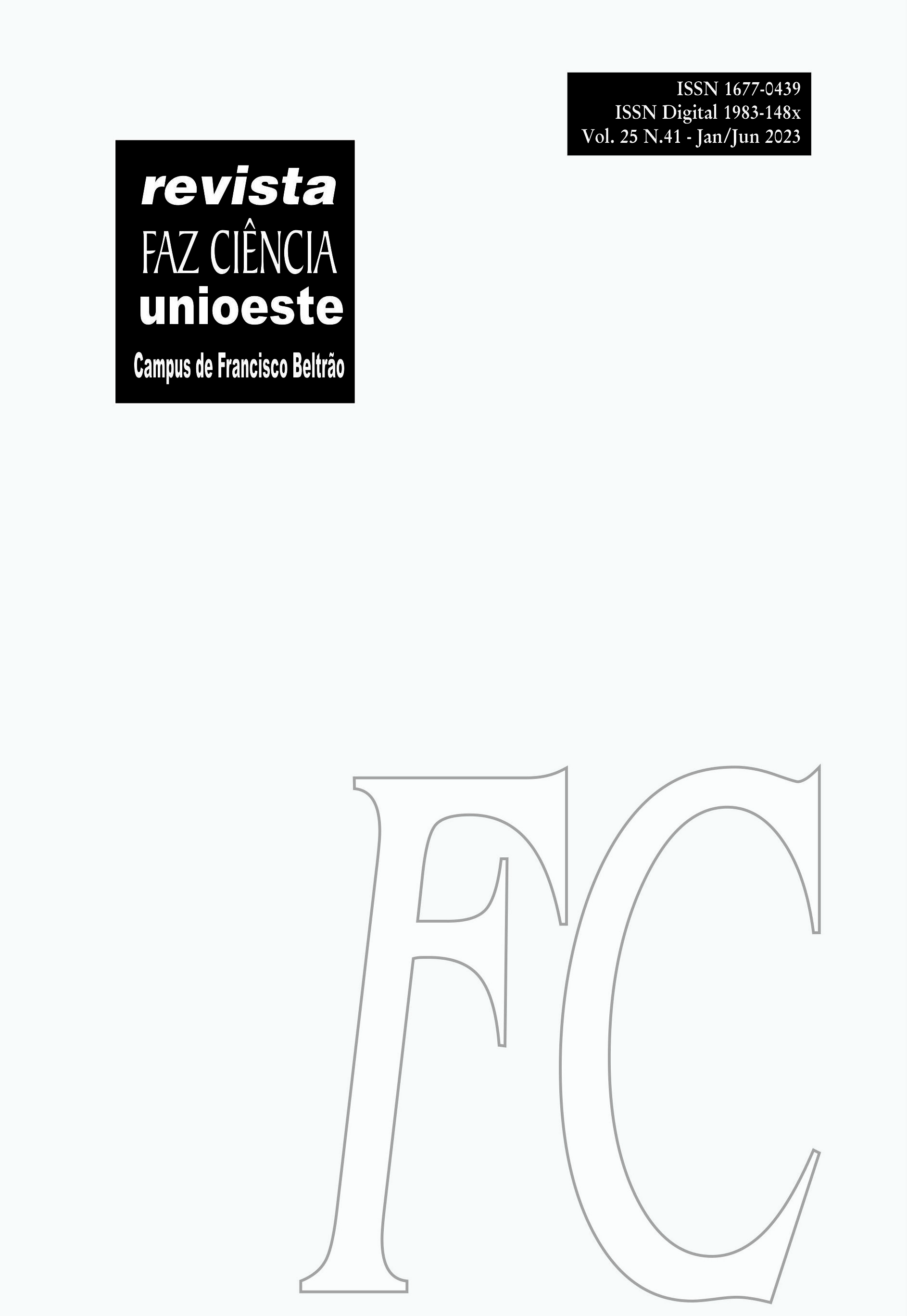No References: the ChatGPT from a latourian perspective and the Double Click trap
DOI:
https://doi.org/10.48075/rfc.v25i41.30761Abstract
Generative Artificial Intelligence has sparked considerable interest among the population, with ChatGPT and its wide media coverage being a notable example of this phenomenon. However, the development of Artificial Intelligence models does not occur without facing challenges and limitations. One of the main hurdles encountered in ChatGPT is the scarcity of reliable references, which can result in inaccurate or even false information. The rapid growth in the use of generative AI can exacerbate such a problem, which, from the latourian perspective, can lead to the Double Click trap. This paper focuses on the problem of sources and references, which ChatGPT insists on not providing or, in some cases, even falsifying. As the use of generative AI becomes more and more widespread, the issue of lack of sources and references may become even more serious, given that users may consider ChatGPT an infallible oracle whose reliability may grow by force of habit.
Downloads
Published
How to Cite
Issue
Section
License

This work is licensed under a Creative Commons Attribution-NonCommercial-ShareAlike 4.0 International License.
Aviso de Direito Autoral Creative Commons
Política para Periódicos de Acesso Livre
Autores que publicam nesta revista concordam com os seguintes termos:
1. Autores mantém os direitos autorais e concedem à revista o direito de primeira publicação, com o trabalho simultaneamente licenciado sob a Licença Creative Commons Attribution que permite o compartilhamento do trabalho com reconhecimento da autoria e publicação inicial nesta revista.2. Autores têm autorização para assumir contratos adicionais separadamente, para distribuição não-exclusiva da versão do trabalho publicada nesta revista (ex.: publicar em repositório institucional ou como capítulo de livro), com reconhecimento de autoria e publicação inicial nesta revista.
3. Autores têm permissão e são estimulados a publicar e distribuir seu trabalho online (ex.: em repositórios institucionais ou na sua página pessoal) a qualquer ponto antes ou durante o processo editorial, já que isso pode gerar alterações produtivas, bem como aumentar o impacto e a citação do trabalho publicado (Veja O Efeito do Acesso Livre).
Licença Creative Commons
Esta obra está licenciada com uma Licença Creative Commons Atribuição-NãoComercial-CompartilhaIgual 4.0 Internacional, o que permite compartilhar, copiar, distribuir, exibir, reproduzir, a totalidade ou partes desde que não tenha objetivo comercial e sejam citados os autores e a fonte.


